You might be prepping up for your new gaming PC or just here to learn about graphics cards. In this guide, I’ll be telling you everything you need to keep in mind before making your graphics card purchase.
If you’re boosting your gaming experience, then your GPU is more important than your CPU. Buying a GPU isn’t easy, I understand! I’ll make this decision easy for you in terms of your budget and requirements, explaining each component in depth and providing the best value for each measure.
There are multiple factors and many more numbers to consider before buying a graphics card. Factors such as VRAM, GPU cores, cooling, and many more questions pop up. I’ll let you know all, and also tell you the best for your usage in the minimum possible words.
GPU vs. CPU: What’s the Difference?
The GPU comes next to your CPU when measuring overall performance. As the name suggests, the graphics card is related to displaying graphics that your PC is working on. It’s directly proportional to your visual experience with a powerful GPU. GPUs are much faster than CPUs in terms of processing large amounts of image (3D) information.
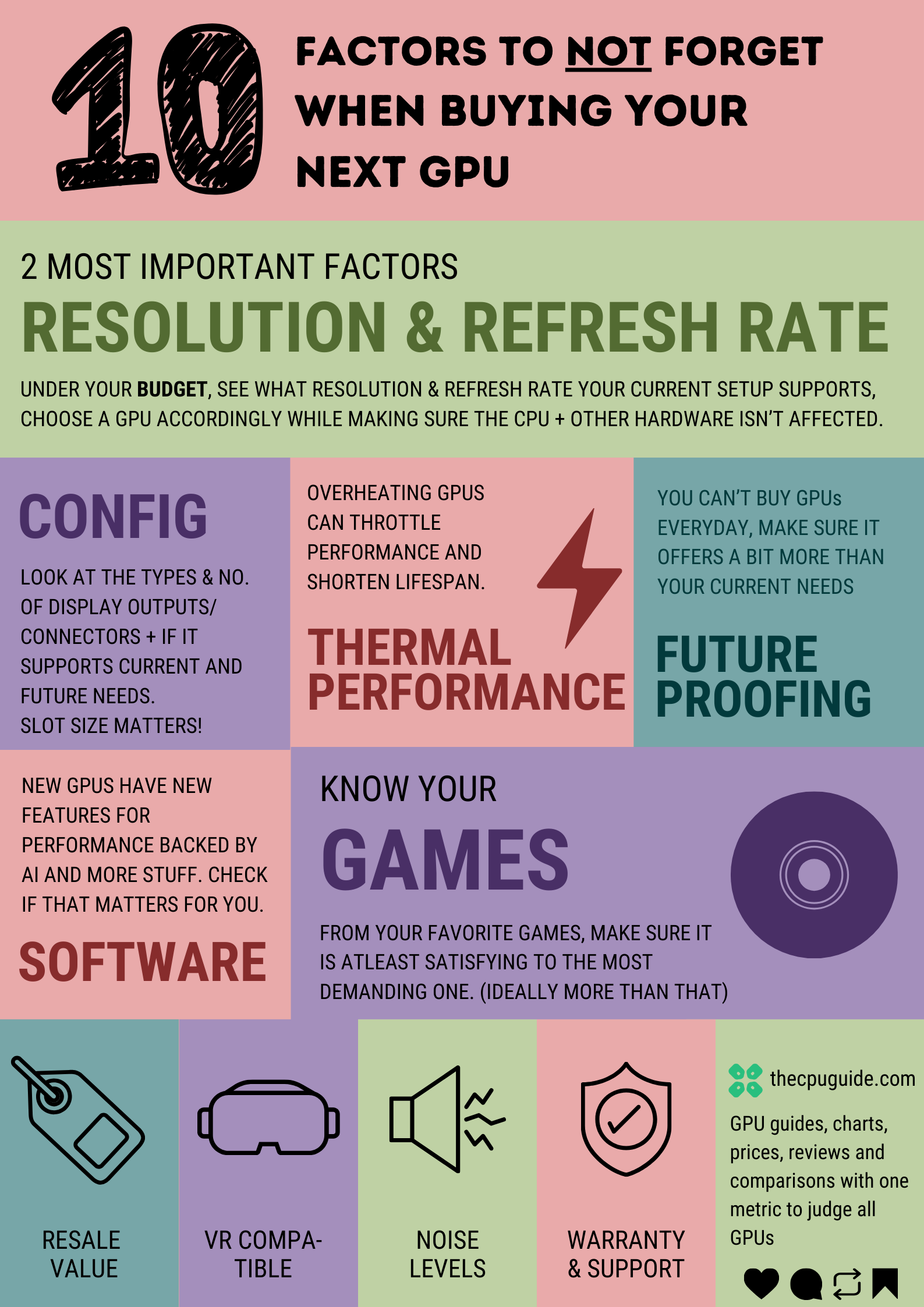
Quick Tips for Buying a GPU
- Resolution & Refresh Rate: Under your budget, check what resolution and refresh rate your current setup supports. Make sure that the GPU you choose is compatible without affecting the CPU or other hardware components.
- Configurations: Consider the types and number of display outputs/connectors the GPU has, and if it supports your current and future needs. Slot size is also important.
- Thermal Performance: Be aware that overheating GPUs can throttle performance and shorten lifespan.
- Future Proofing: Since you can’t buy GPUs frequently, make sure it offers more than what your current needs dictate.
- Software: New GPUs often come with new features for performance enhancement backed by AI and other technologies. Check if these features are important to you.
- Know Your Games: Ensure the GPU meets or exceeds the requirements of the most demanding games you play.
- Resale Value: Consider the potential resale value of the GPU.
- VR Compatible: Check if the GPU is compatible with VR technology if you’re interested in VR gaming.
- Noise Levels: Consider the noise level of the GPU, as high noise could be disruptive.
- Warranty & Support: Look for good warranty terms and customer support options.
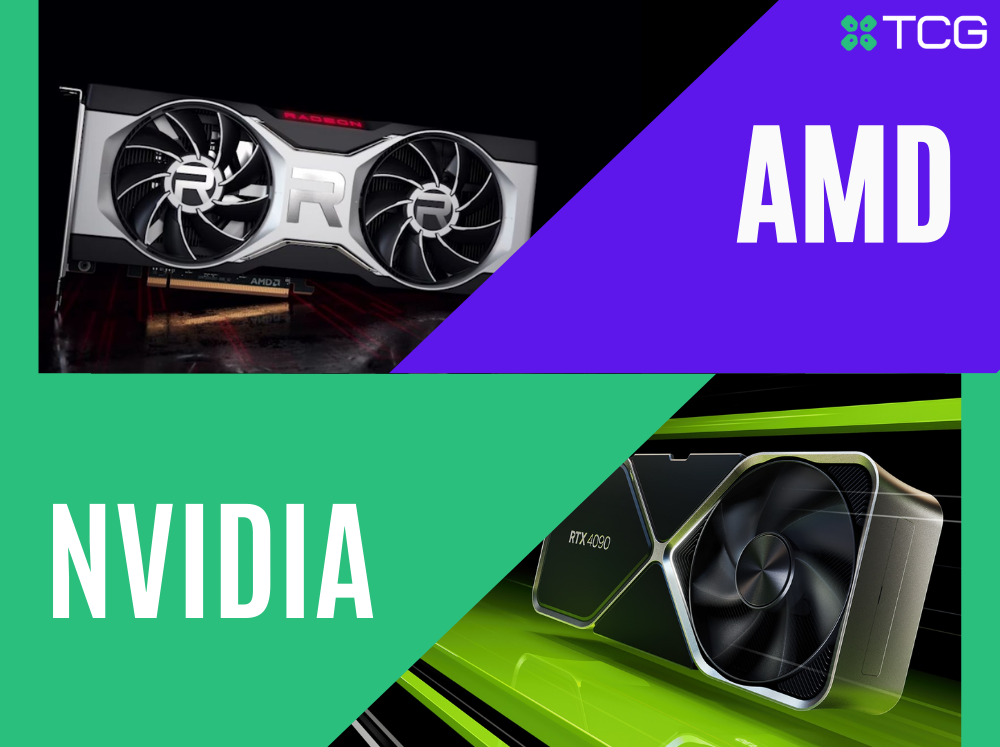
Understanding GPU Manufacturers
If you have a basic understanding of GPUs, you also need to understand how GPUs are named so you can understand easily and remember as well.
- Nvidia:
- Market leader with advanced features like DLSS and AI.
- Best for ray tracing and high-end performance (RTX 40-series).
- Examples: RTX 4090 for extreme performance, RTX 4070 for high-end gaming.
- AMD:
- Competitive pricing and more VRAM at similar price points.
- RX 7000-series excels in rasterization games.
- FSR (FidelityFX Super Resolution) as an alternative to DLSS.
- Examples: RX 7800 XT for high-end gaming, RX 6600 for budget gaming.
GPU Selection Criteria

Budget
- Under $300: Suitable for 1080p gaming. Examples: Nvidia RTX 4060, AMD RX 6600, Intel Arc A750.
- $300-$1,000: Best for 1440p gaming. Examples: Nvidia RTX 4070, AMD RX 7800 XT.
- Over $1,000: High-end 4K gaming. Examples: Nvidia RTX 4080, RTX 4090.
Performance Needs
- Choose based on the games and applications you use.
- Consider ray tracing and AI capabilities for future-proofing.
Form Factor and Compatibility
- Ensure the GPU fits in your case and matches your power supply’s capacity and connectors.
Key Specifications to Consider
1. Graphics Card Memory (VRAM)
- 8GB for 1080p gaming.
- 12GB+ for 4K gaming.
2. Form Factor
- Check the dimensions of the GPU to ensure it fits your case. GPUs come in various sizes, from compact single-slot cards to large triple-slot behemoths.
3. Thermal Design Power (TDP)
- Match GPU power requirements with your PSU capacity. High TDP values mean higher power consumption and more heat.
4. Power Connectors
- Verify the required power connectors (6-pin, 8-pin, etc.). Ensure your power supply has the necessary connectors and wattage.
5. Ports
- Ensure compatibility with your monitor (HDMI, DisplayPort). Check if your monitor supports the required ports.
6. TFLOPS / GFLOPS
- Measure of GPU performance. Higher values generally indicate better performance. TFLOPS (trillions of floating-point operations per second) and GFLOPS (billions of floating-point operations per second) are key performance indicators.
7. Cores & Clock Speed
- Important for GPU performance, but should be compared within the same architecture. Higher core counts and clock speeds usually mean better performance.
8. Standard Metric for Easy Comparison
- It’s pretty easy to get lost in all the specifications, and checking for benchmark scores is always useful. Popular ones are User Benchmark, and 3D Mark; while people have a mixed opinion on them and so do we.
- Now, a lot goes here as well, and you can get confused, and this is why we have made it even easier, by combining these benchmarks, and made them rate on a scale of 1 to 100 for our TCG SCORE for GPUs. So you know what to expect clearly and get the guessing game out for you.
Additional Considerations
- Support for VR: Midrange cards are sufficient for most VR setups. Ensure your GPU meets the requirements for your VR headset.
- Reference vs. Third-Party Designs: Differences in cooling solutions, overclocking potential, and pricing. Third-party designs often offer better cooling and higher clock speeds but can be more expensive.
Conclusion
Choosing the right GPU involves balancing various factors such as budget, performance needs, and compatibility. By considering these guidelines, you can make an informed decision and find a GPU that meets your needs.
Sample Recommendations
- Best Budget Pick: AMD Radeon RX 6600 – Great for 1080p gaming at medium to high settings.
- Best Mainstream Pick: Nvidia GeForce RTX 4060 – Ideal for 1080p gaming at high to ultra settings.
- Best High-End Card: Nvidia GeForce RTX 4070 – Excellent for 1440p gaming with ray tracing and DLSS support.
- Best AMD High-End Card: AMD Radeon RX 7800 XT – Competitive with Nvidia’s offerings, better in rasterization.
- Best Extreme Graphics Card: Nvidia GeForce RTX 4090 – The most powerful GPU for 4K gaming and beyond.
Feel free to ask any questions or share your own experiences with GPUs in the comments below! Happy building!

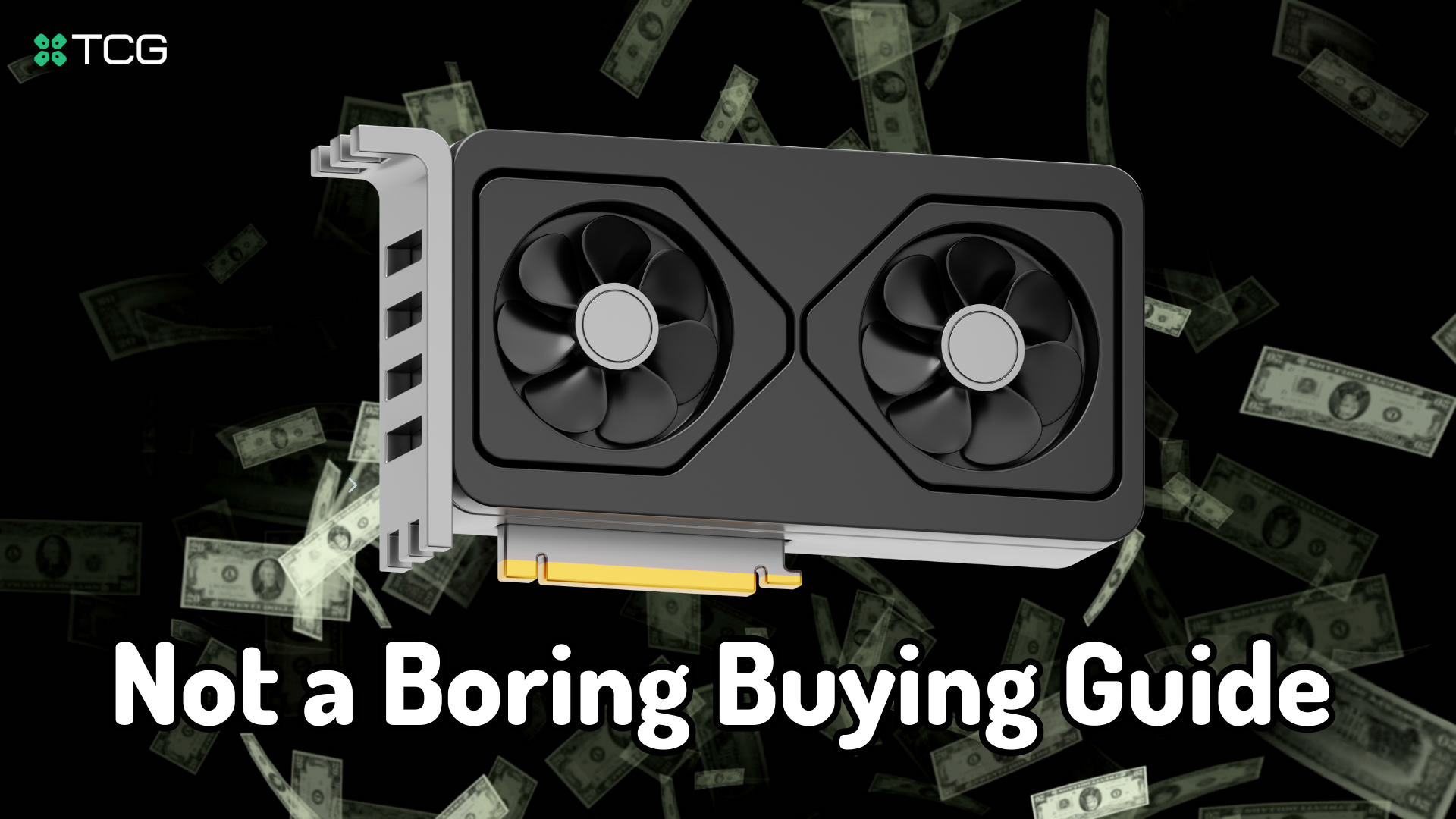
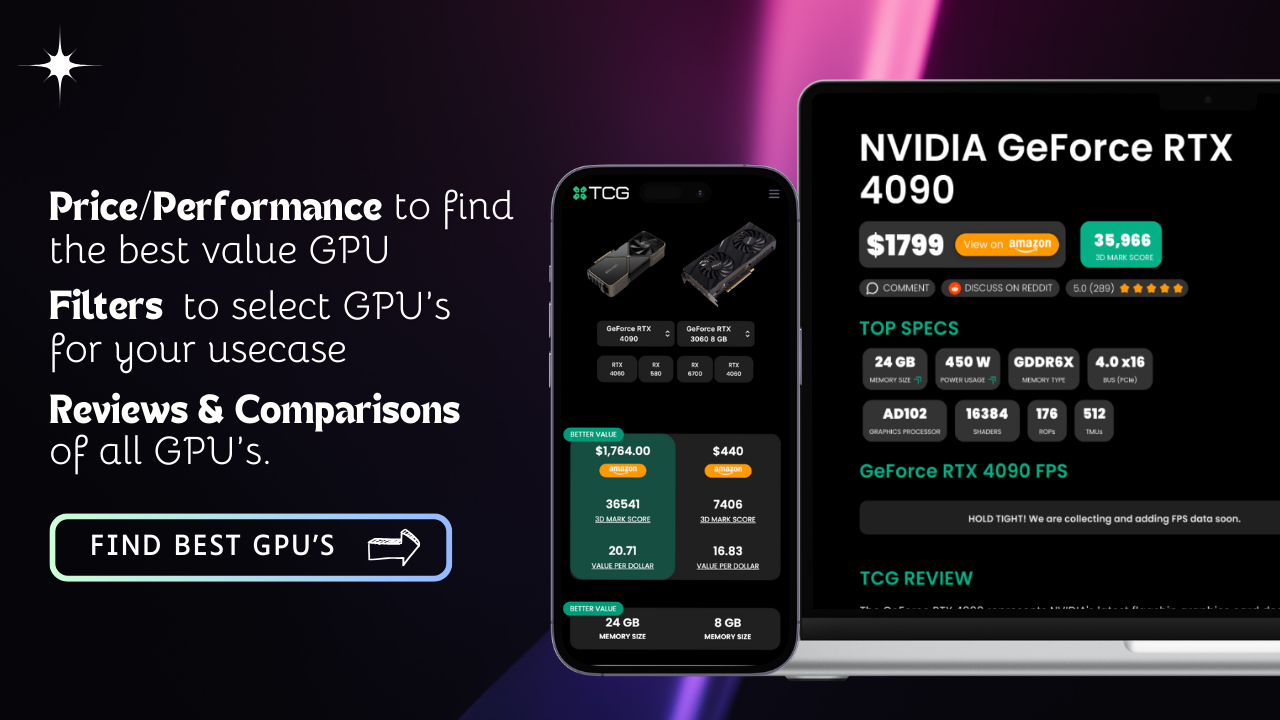
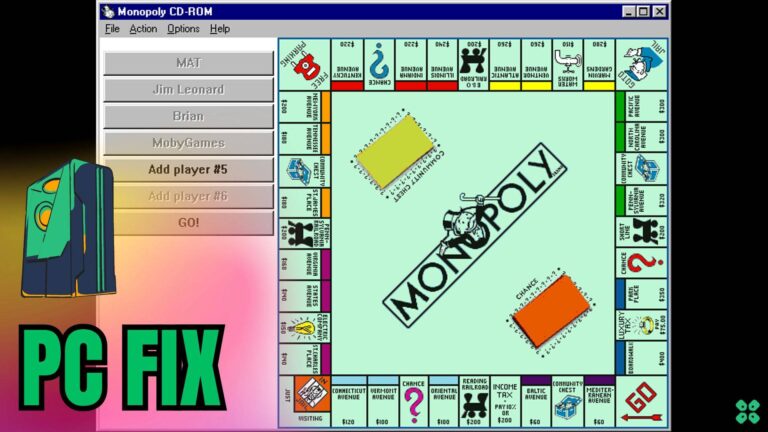
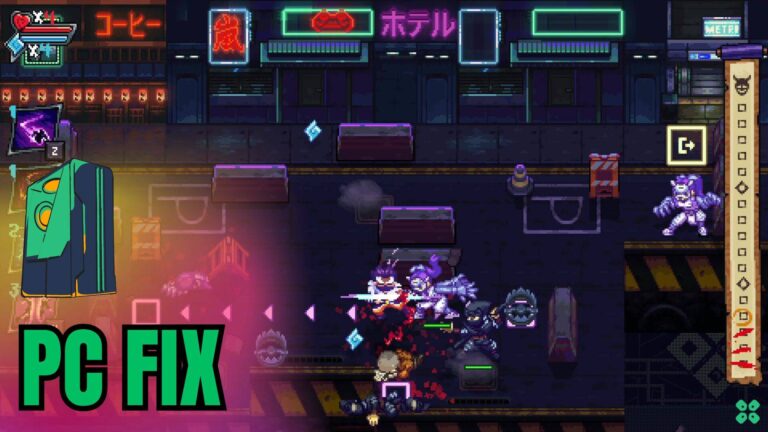
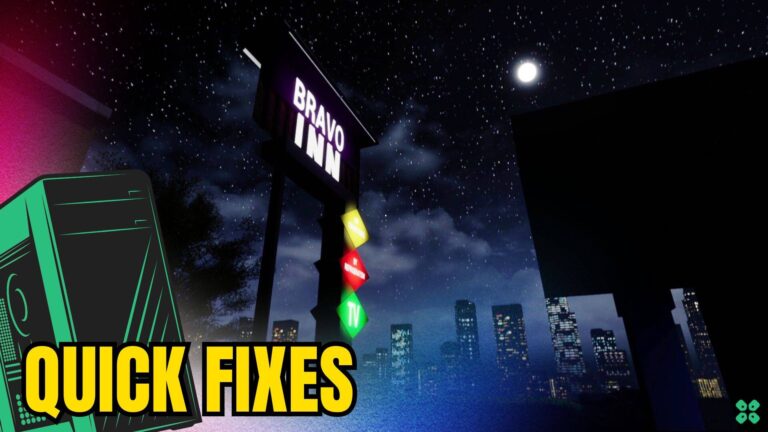
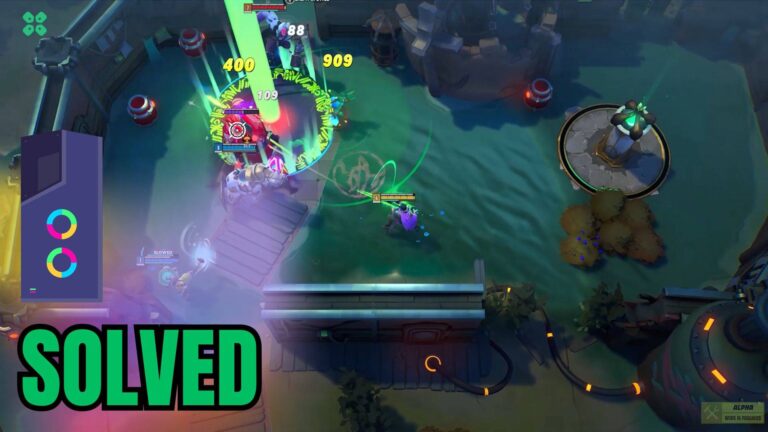
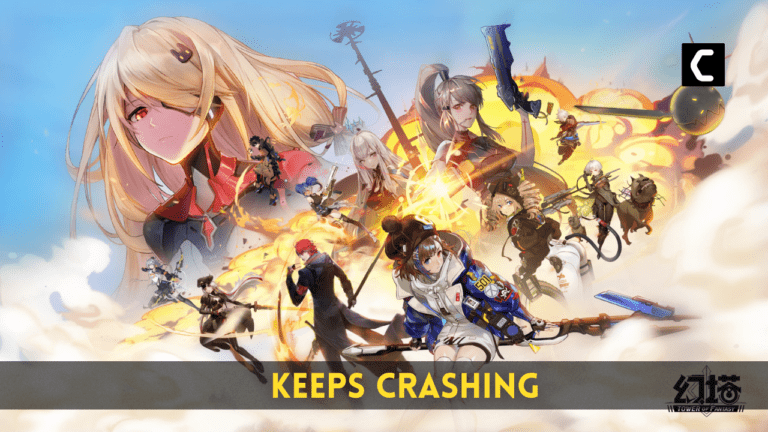

You have made things super easy for us. Thanks for sharing incredibly relevant information.
Thanks a ton Ali!
You have made things super easy for us. Thanks for sharing incredibly relevant information.
Thanks a ton Ali!